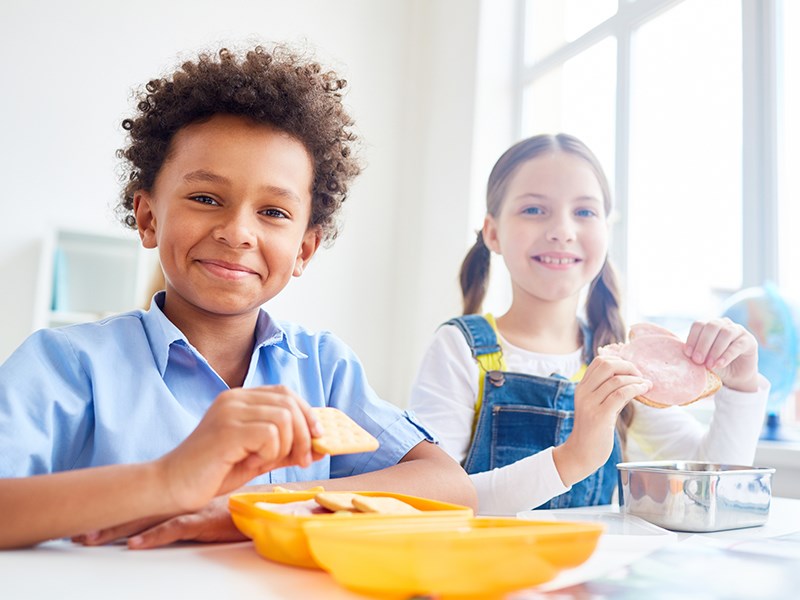There is a definite buzz in the air, as the cool of fall whispers in the leaves and children big and small head back into the hallowed halls of school. With all this transition, it could be the perfect time to start some good Zero Waste habits in your household.
Getting your children or yourself equipped with a litterless lunch kit is a sweet treat that also loves the planet. It can be as low cost as acquiring thrift store forks and spoons, a few cleaned out Mason jars, and a to-go water bottle. You can also go more lightweight by getting a metal to-go Tiffin container, some bamboo cutlery, and a reuseable straw. Beeswax-infused cotton food wraps are also an incredible addition to your kitchen cupboards for snacks and meals on the go. They provide an antibacterial alternative to Cling Wrap for sandwiches, cheese and crackers, and snacks of nuts and fruit.
This year, get in the habit of buying snacks and drinks that have minimal packaging rather than those that are individually wrapped. Bulk buying dried fruit and nuts is a good start, and so is making juice at home from concentrate. Try making a lunch meal plan with your household, and it may just prevent food going to waste at the bottom of a knapsack or in a cubbyhole.
If now is also the time you clean out old drawers and closets, then organize your excess into recyclables, give-aways, and items to donate.
Many people don’t realize that all spent pens, felts, highlighters and mechanical pencils can be recycled through drop-off boxes at all recycling depots in our region. You can even start a collection in your classroom or office and drop them off at Staples or a depot.
Clothes that have been outgrown can be shared with younger siblings and other families with similar-aged children. It’s pretty fun to receive a basket full of clothes to look through, especially just as school starts. Any excess can be donated to local thrift stores, or, if damaged, can be dropped off at clothing donation bins as organizations still get paid by the pound.
Before heading out to buy new school supplies, check around the house and second-hand shops. You may be surprised with what you already have. If you do need to buy new, focus on getting products that are made of paper or metal rather than plastic. Any plastic we bring into our lives will still be on the planet centuries after our school days are done.
The classroom for our kids begins at home where we can model and teach healthy, earth-friendly habits.
Let’s Talk Trash is qathet Regional District’s waste-reduction education program.



